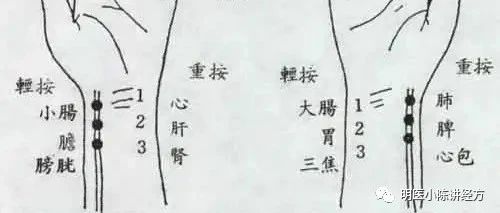Personal Introduction: A TCM practitioner in their forties, a “post-90s” individual, holds a Master’s degree in Traditional Chinese Medicine, is a licensed TCM physician, has worked in a tertiary hospital for ten years, and has independently practiced in the community for ten years. They adhere to classical TCM and aspire to make TCM understandable for the general public and strengthen the Chinese nation through TCM.
Lecture 130 – Understanding the Pulse of Xiao Chai Hu
Hello everyone, today we will discuss the pulse characteristics associated with Xiao Chai Hu.
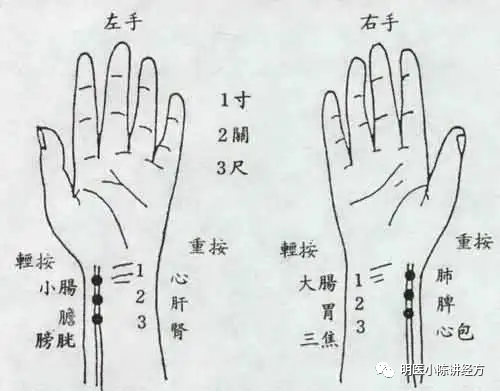
Understanding pulse diagnosis is inseparable from the basic pathophysiology.
What is the basic pathophysiology of Xiao Chai Hu Tang (Xiao Chai Hu Decoction)?
——Lesser Yang (Shaoyang) stagnation heat leads to obstruction of the San Jiao (Three Burners).
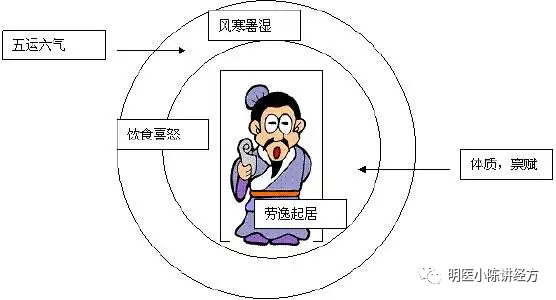
What pulse characteristics are exhibited by Lesser Yang stagnation heat?
Is the left hand Guan pulse “slippery”?
Let’s first discuss what pulse characteristics are associated with “gallbladder channel stagnation heat”?
Which hand, which position, and which depth?
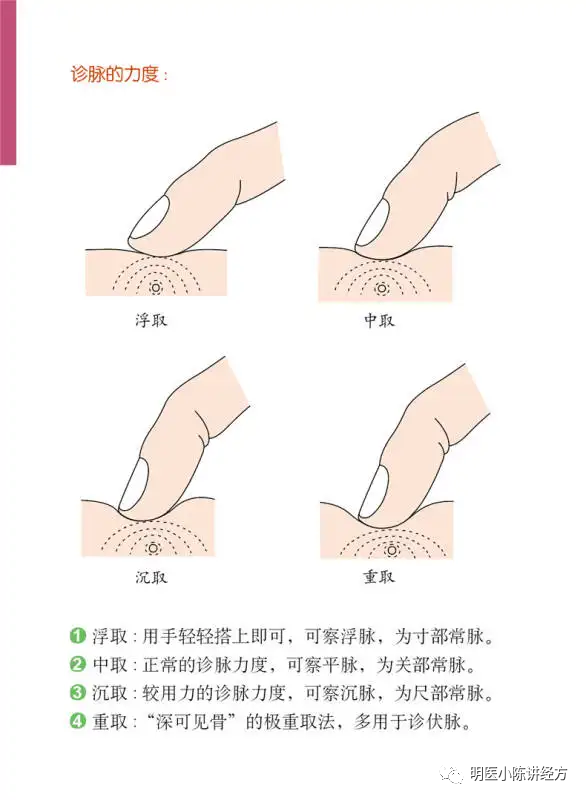
It’s the left hand, right?
It’s the Guan pulse, right?
The most troublesome part is how to understand whether it is “string-like” or “slippery” or “string-slippery”, right?
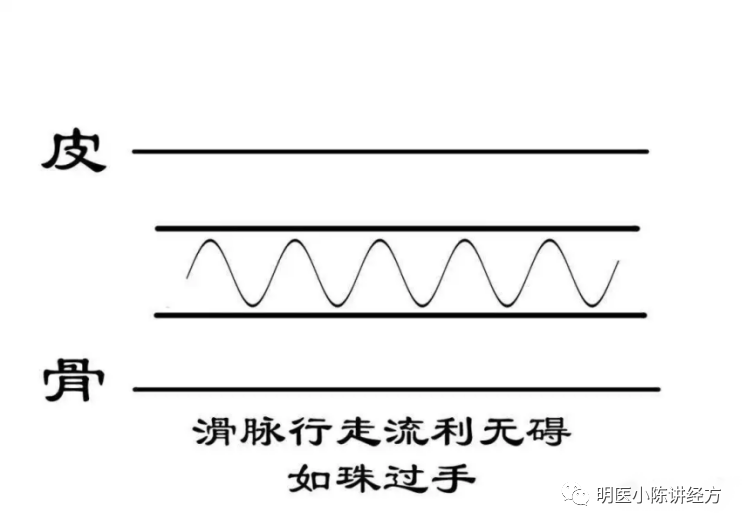
A normal pulse shape is wave-like.
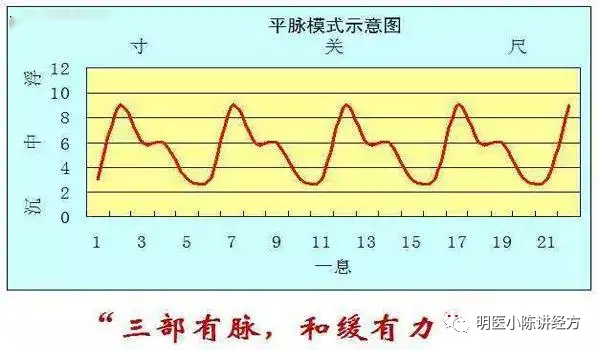
One wave looks like this, one side rises, and the other side falls.
When we apply this to the left hand Guan pulse, which side is the “liver rising”? Which side is the “gallbladder descending”?
Isn’t the rising side the “liver rising”;
The descending side is “gallbladder descending”.
If the liver cannot rise, is it because it cannot rise from the “deep pressure” point?
If the gallbladder heat cannot descend, is it because it cannot descend from the “superficial pressure” or “middle pressure” point?
So where is it string-like, and where is it slippery?
It is string-like when using deep pressure, and slippery when using superficial or middle pressure.
The pulse diagram is illustrated below:
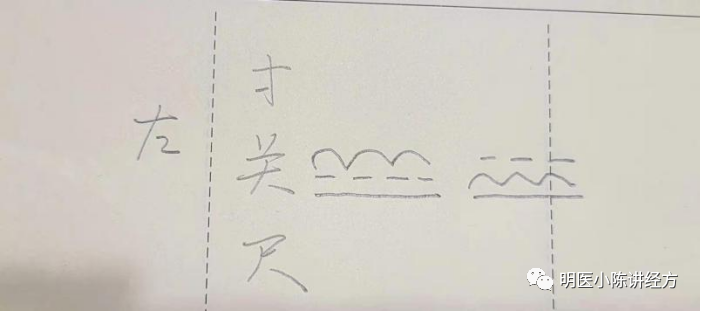
Can everyone understand this?
It is essential to establish a three-dimensional understanding of pulse diagnosis, that’s all for today.
(All images are sourced from the internet; if there is any infringement, please contact for removal.)
We have opened a video account and a small shop, welcome everyone to scan the code to follow.
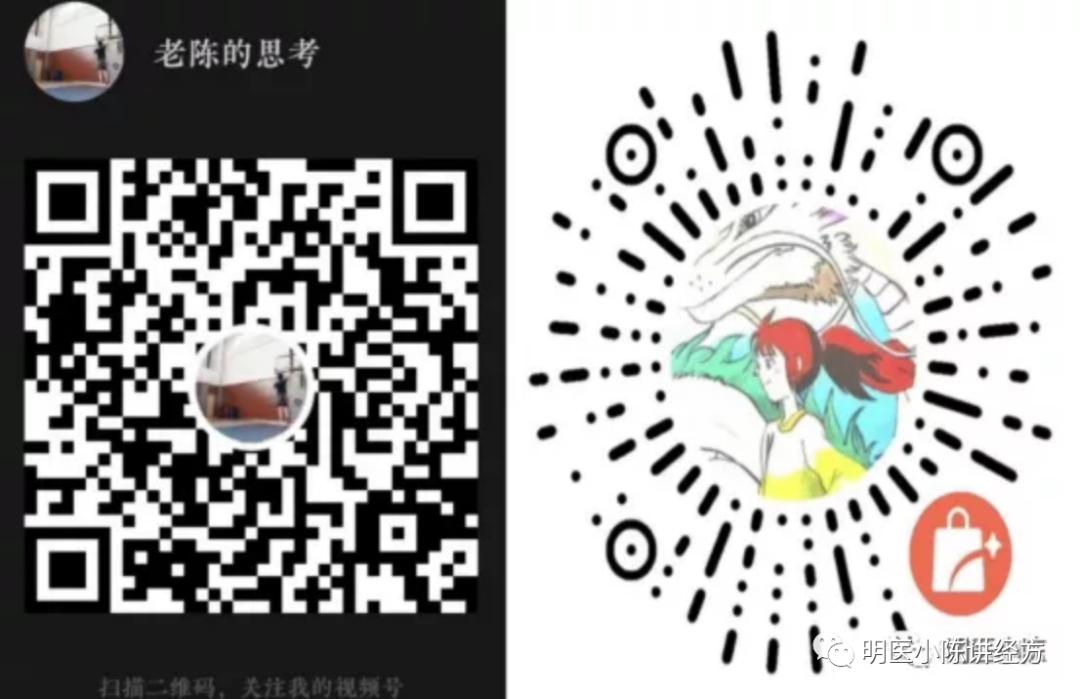
More clinical practice, more experiences!
Easy to learn and understand Effective and useful
Let the TCM practitioners comprehend the classics
Let the general public understand TCM


